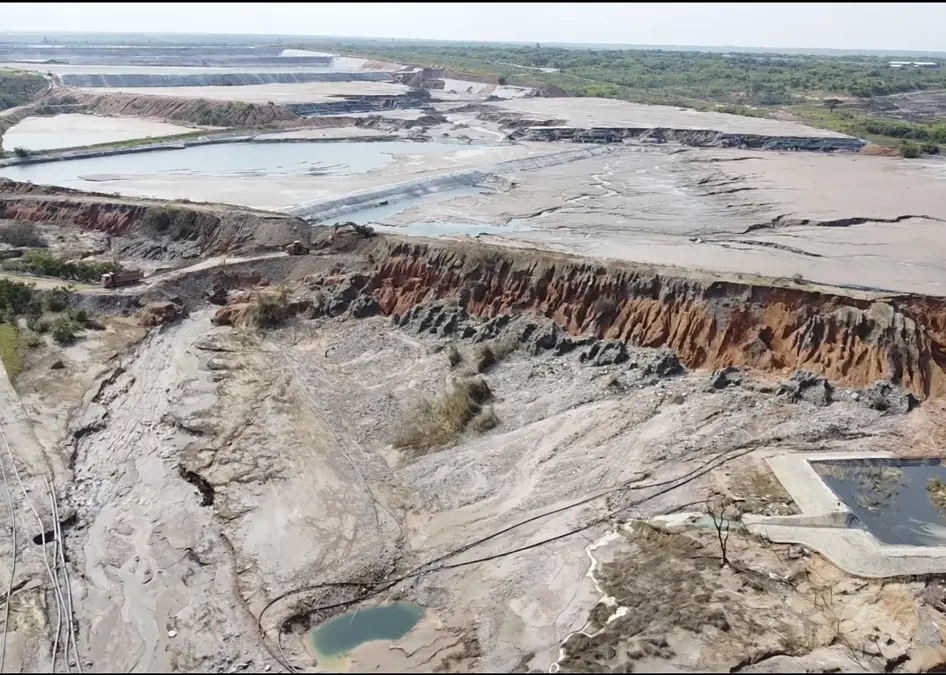Industry report shows Mining Charter progress
The Minerals Council South Africa has published a report assessing the industry’s progress in efforts to transform the industry in terms of the Mining Charter.
The mandate was to assess compliance with the 2010 charter, which applied to the industry until 2018. All Minerals Council members were requested to supply for analysis their latest (2018) annual compliance reports measuring performance against their social and labour plans, which themselves were required to meet the 2010 charter’s final compliance targets.
The 32 members that responded to the request represent 93% of the employee base of members of the Minerals Council, which represents some 90% of the industry by production value.
“The research shows substantial compliance and significant progress in the industry’s, and South Africa’s, efforts to transform the mining sector and our economy, and the journey continues,” Minerals Council CEO, Roger Baxter, says.
Five pillars
The assessment focused on five of the charter’s pillars: ownership, employment equity, procurement, human resources development and mine community development.
In summary, the Minerals Council believes that the findings show, in aggregate, a very good level of compliance with member companies’ transformation obligations.
As will be seen, there are certain areas where average compliance does not meet 2010 charter targets. In particular, while the 26% BEE ownership target is significantly surpassed, the structure of ownership transactions does not, on balance, meet the 2010 charter’s requirements of “effective ownership” and “meaningful economic participation.” This is largely because the 2010 requirements did not apply when most of the largest transactions took place in the 15 or so years prior to that.
Further, it is apparent that in the sphere of mine community development, more needs to be done by some companies regarding community consultation.
Where the research found that a proportion of individual mining rights holders are not fully compliant, it should also be noted that some of those would be companies that acquired their mining rights relatively recently, and would therefore still have some time before their specific obligation in terms of, for example, BEE transactions, need to be concluded. The research did not, however, examine those specific questions.
“The Minerals Council and its members remain committed to intensifying and enhancing these transformation efforts in the years ahead, in the first instance by meeting the requirements of the new 2018 charter, notwithstanding the legal challenge to three particular aspects of its contents,” he concludes.
Share this content:















Post Comment